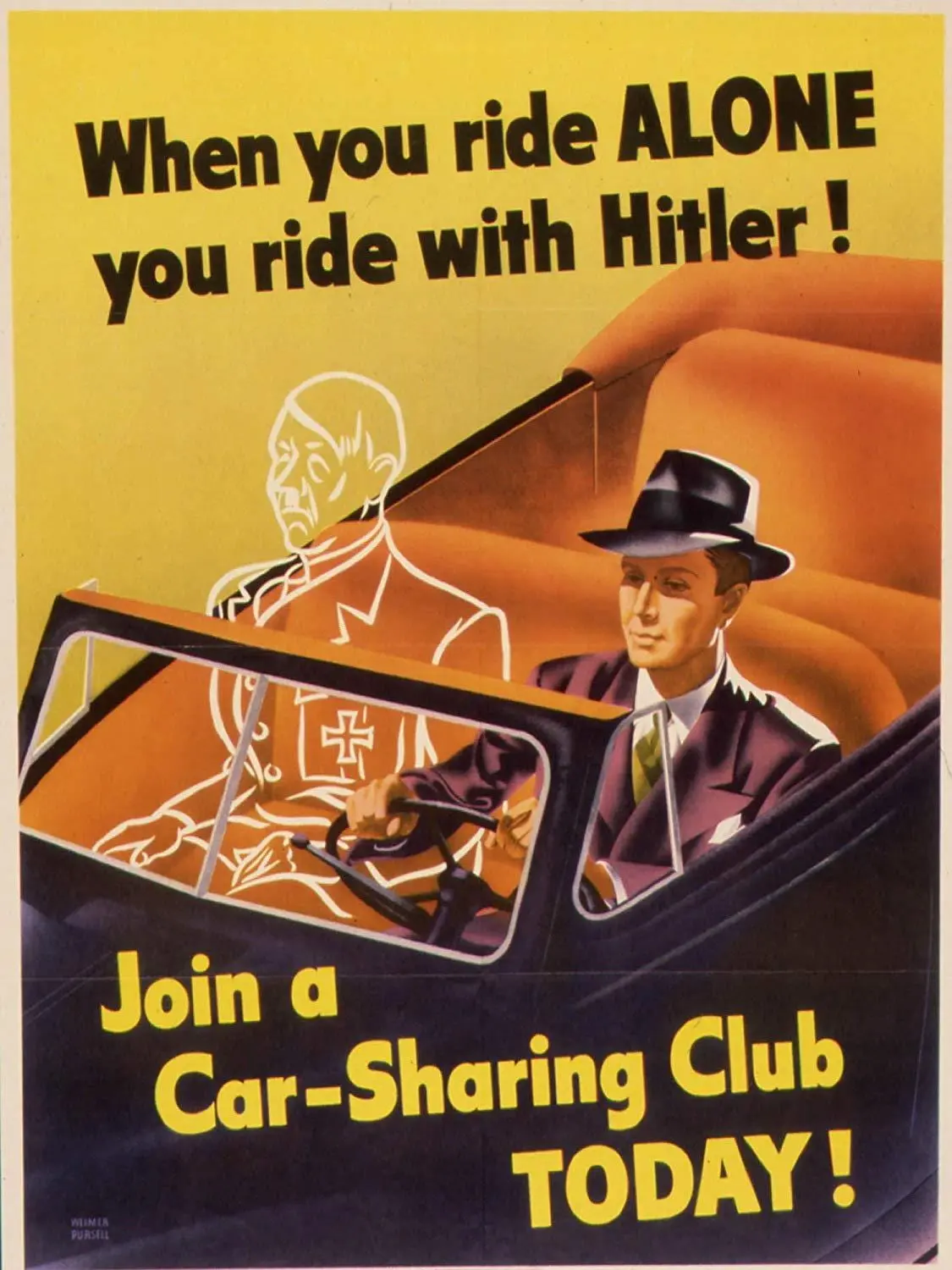What is binary thinking a strong indicator for. Well, ChatGPT says: "Binary thinking is most prominently an indication of cognitive distortion, borderline personality disorder, low cognitive flexibility, trauma response, authoritarian ideology, and intolerance of ambiguity."
I don't think it's gay or straight. Some bi people are exclusively interested in cis partner. Some bi people are pan. Some trans people are exclusively interested in other trans people. Someone maybe desires cis people and trans men. I think it's a failure of vocabulary, combined with a great deal of emotional charge and taboo.
Now consider my partner, who is non-binary. Traditional labels of sexuality risks misgendering when applied to non-binary people. I find the terms "androphile" and "gynophile" to be pretty useful, since they don't encode the gender of the person having the attraction, but even those are pretty limited.
However, there are fundamentally two kinds of sexuality: queer and repressed.
While income inequality (as measured by the Gini coefficient) is positively correlated with violent crime, firearm availability has been shown to independently influence both the rate and lethality of violence.
According to Fajnzylber, Lederman, and Loayza (2002, The Journal of Law and Economics), there is a significant cross-national association between income inequality and homicide rates. However, firearm access is not merely a determinant of the method used in violent crime—it also affects the frequency and outcome of such incidents.
Data from the Small Arms Survey and the Global Burden of Disease project indicate that countries with high rates of civilian firearm ownership (e.g., the United States) experience substantially higher rates of firearm homicide, suicide, and accidental gun death than peer nations with stricter gun regulations (e.g., the United Kingdom, Japan, Australia), despite similar or lower Gini coefficients.
For example, the U.S. firearm homicide rate was 6.1 per 100,000 in 2021 (CDC WONDER), compared to 0.5 per 100,000 in Canada and less than 0.1 in countries like Japan and the U.K. This disparity persists even when controlling for overall violent crime or economic inequality.
Moreover, studies published in The New England Journal of Medicine and The Lancet have found that the presence of firearms in a home significantly increases the risk of homicide and suicide, particularly among women and children (see Kellermann et al., 1993; Anglemyer et al., 2014).
Therefore, while inequality is an important factor, firearm regulation has a demonstrable and independent effect on both the incidence and deadliness of violent crime. The distinction between type and frequency does not eliminate the public health implications of firearm prevalence.
You present yourself as rational while dismissing emotion as weakness. But emotions like shame, fear, and the impulse to protect others are not failures of reason. They are essential to moral awareness.
The need to maintain rigid rational detachment is itself emotionally driven. It often reflects a desire to avoid guilt or to preserve control. That isn’t objectivity, it’s fragility disguised as discipline.
Conservatives value loyalty over truth, fairness, justice, etc.
“Liberals have a kind of moral vision based almost entirely on the Care and Fairness foundations. Conservatives, in contrast, draw on those plus Loyalty, Authority, and Sanctity, which makes their moral matrix broader.”
“This emphasis on loyalty, particularly to country and in-group, helps explain why conservatives are more likely to value patriotism and support for the military, while liberals are more likely to question those things when they conflict with compassion or justice.”
-- (Haidt, 2012, The Righteous Mind, Chapter 7)
Kindness and empathy are very different things. It is easy to have either and not the other. Empathy is insight. Kindness is behavior and disposition. I have met many people who prioritize kindness but do not have the insight to do perform it in a meaningful way. I have known people who are emotionally insightful and even experience the feelings of others, but for whom kindness is not a priority.
It's very amusing to read such things from outside the American hellscape. Well, "amusing."
Let's say eventually there comes a government overreach that a popular armed uprising puts down. Every day until that day, children die. Accidental death from firearms is one of the leading causes of death of children in your country. (Do you feel that pricking sensation in your neck and face or are you immune to shame?) If the rebellion doesn't come soon enough (or at all) then you are underwater in terms of dead children. So, how long is that runway? How long do you get to keep killing children until you have to admit, fuck, this is costing us more than it's worth?
HAVE YOU EVEN DONE THE MATH, or are you just working from feelings?

To compare dead children to the cost of failing to check government power, we can reduce both to life-years lost:
🔫 Current Cost: Child Firearm Deaths in the U.S.
🏛️ Hypothetical Benefit: Preventing Tyranny
Assume a worst-case scenario:
Estimate risk:
In fact, high civilian armament may reduce stability:
📊 Expected Value Calculation
📉 Conclusion
Even with favorable assumptions:
Bottom line: The ongoing cost vastly outweighs the hypothetical benefit, and high armament may worsen long-term stability rather than protect it.